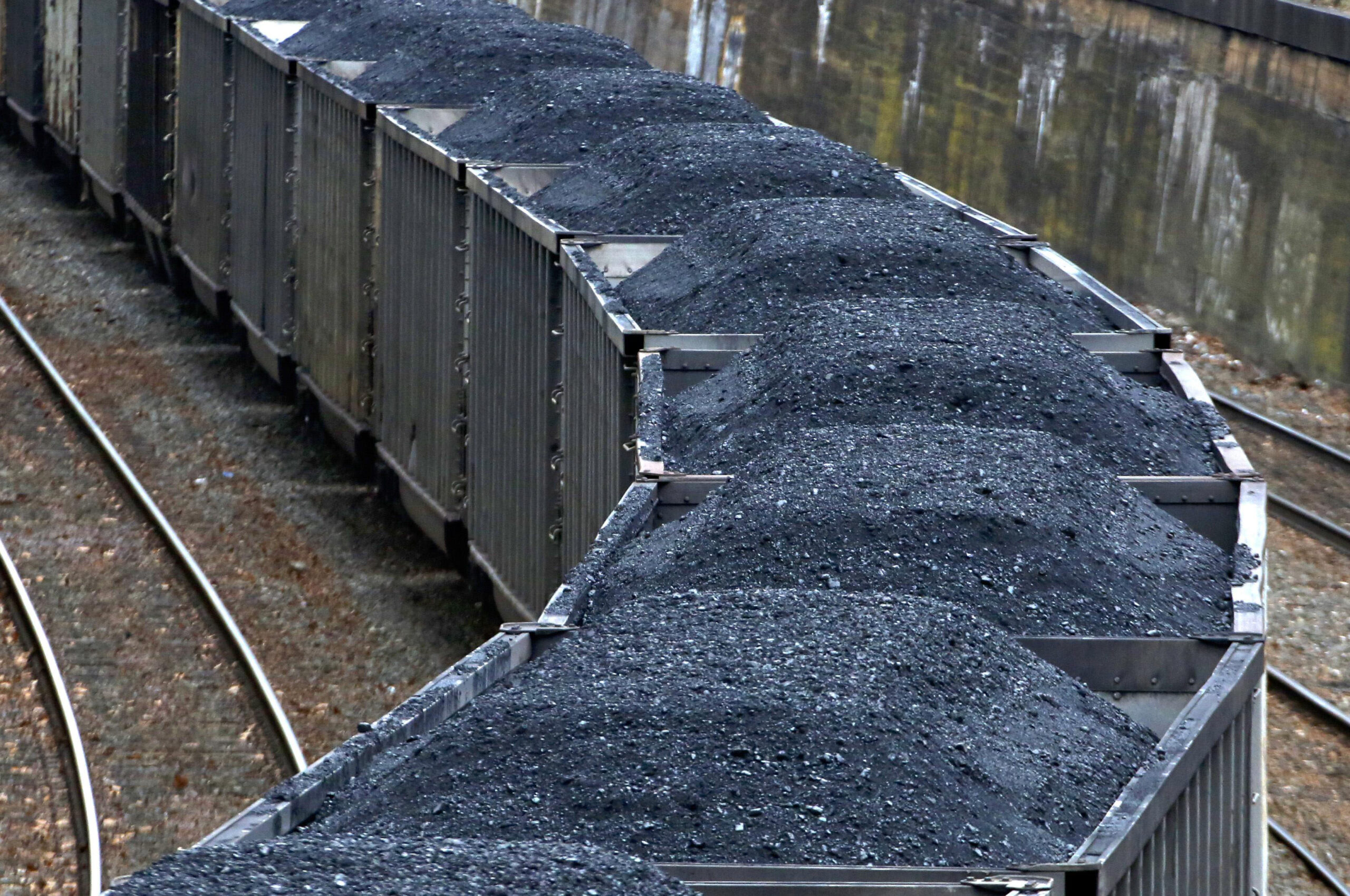MORGANTOWN – The House of Delegates Coal Communities Workgroup will bring its mission to help revitalize struggling coal communities to Morgantown during a listening tour stop this month.
“A lot of these communities have lost a lot of jobs and a lot of population over the years, but they also have a lot of assets to build on,” said Del. Evan Hansen, D-Monongalia, a workgroup member.
The bipartisan group – eight Republicans, seven Democrats – was formed earlier this year. Its goal, stated on its website, “is to go into communities and talk with local residents as well as local community and business leaders, to determine what our coal communities specifically need to succeed and what tools are already available.”
Hansen said the idea was first part of a bill he introduced two sessions ago. It didn’t advance, and last session Del. Ed Evans, D-McDowell, brought it back as an amendment to a bill require utilities to maintain a 30-day supply of coal at coal-fired power plants.
As The Dominion Post reported at the time, the amendment required the Public Service Commission to create a Coal Community Comeback Plan. The Senate rejected that amendment. But after the session, Hansen said, the Senate president and House speaker formed the workgroup.
The group’s work, Hansen said, dovetails with the federal efforts of the Interagency Working Group on Coal and Power Plant Communities and Economic Revitalization, led by National Energy Technology Laboratory Director Brian Anderson.
The IWG pools the efforts of 11 federal agencies “to ensure the shift to a clean energy economy creates good-paying union jobs, spurs economic revitalization, remediates environmental degradation, and supports energy workers in coal, oil and gas and power plant communities across the country.”
Hansen said the sate workgroup is “working from the bottom up and trying to coordinate with that [the IWG] to make sure that people in West Virginia communities know about the opportunities and have the resources that they need to put good applications in and funnel as much of these resources as possible to West Virginia.”
Aid would come, he said, in the form of grants to economic development agencies, nonprofits and local government units for new ideas to develop jobs that build on a community’s assets.
The group, Hansen said, has already met with the IWG along with various local and state economic development leaders. During the listening tour, they expect to hear about challenges communities are facing to access the federal programs.
During the Morgantown stop, he said, he hopes to hear from miners and others affected by the coal economy downturn, and to learn about activity among entrepreneurs and people at WVU on ideas to diversify our economy.
“We’re not as solely dependent on the coal industry as southern West Virginia has been, but we’ve definitely lost a lot of jobs, including this year,” he said, referring to the closure of the mine in Blacksville.
One issue many small communities face, he said, is writing grants for federal aid. They lack the staff to do that. The group will look at ways to connect them with experienced grant writers.
Grants also often require a local match, he said – often 20% – so the group is looking at legislation for the 2022 session to create a state pot of matching dollars, along with other bills to help the coal communities.
One question the group and leaders around the state are wrestling with, Hansen said, is what happens first? Can they diversify without such things as broadband and water and sewer infrastructure?
“There’s just some basic things that are needed to provide a place where entrepreneurs want to start new businesses and people want to move to,” he said. This isn’t necessarily anything new, it’s just a renewed focus on communities that are hardest hit.”
The workgroup’s Morgantown stop is set for 6:30-8:30 p.m. Oct. 20 at the Shack Neighborhood House in Pursglove.
Other stops are set for Oct. 19 in Moundsville, Oct. 25 in Logan and Oct. 27 in Beckley.
Tweet @dbeardtdp




